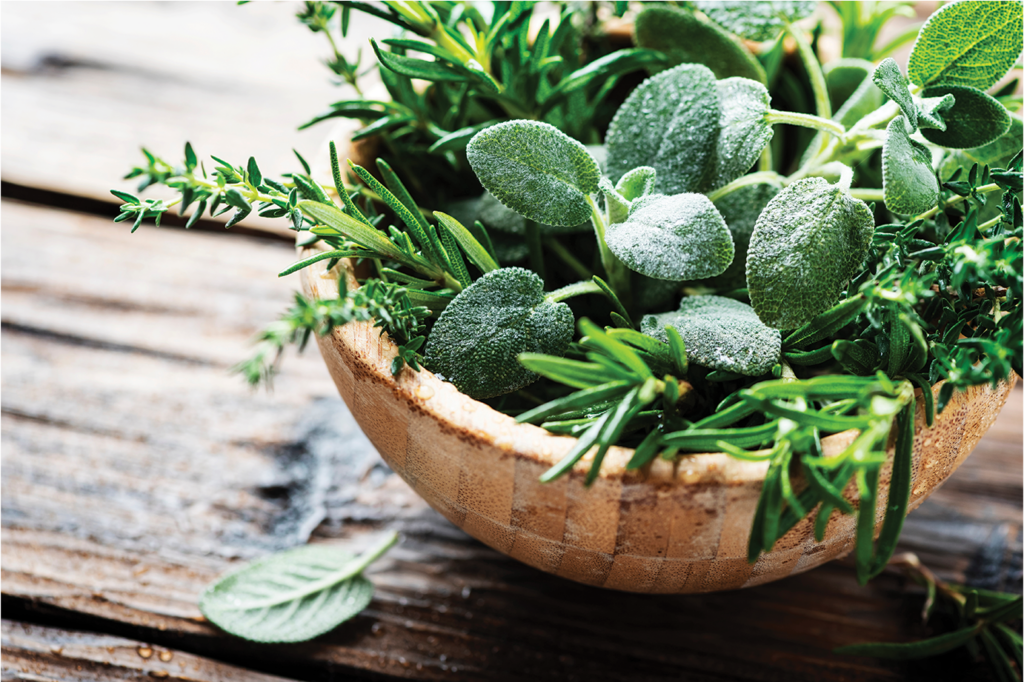
Explore our herb guide to discover flavour profiles, health benefits, storage tips, and best uses for each herb. Enhance your cooking and well-being with these fresh, flavourful essentials!
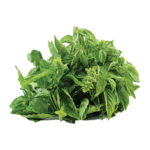 Basil
BasilBasil has a sweet, slightly peppery flavour with hints of anise and mint. It’s packed with antioxidants, anti-inflammatory properties, and is great for digestive health. To keep it fresh, basil should be stored at room temperature, ideally in a glass of water, or in the fridge wrapped in a damp paper towel. Basil is commonly used in Italian and Mediterranean dishes, especially in pesto, salads, and as a garnish for pasta dishes.
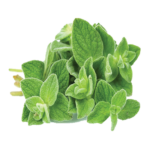 Oregano
OreganoOregano has a robust, slightly bitter flavour with warm, earthy undertones. It’s rich in antioxidants, antibacterial properties, and can aid digestion. Oregano should be stored in a cool, dry place, away from direct sunlight. It is essential in Mediterranean and Italian cooking, particularly in pizza, pasta sauces, and grilled meats.
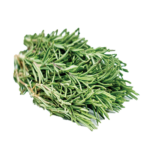 Rosemary
RosemaryRosemary has a woody, pine-like flavour with notes of lemon and eucalyptus. It’s rich in antioxidants and can help improve memory and circulation. Rosemary should be stored in a cool, dry place, or in the fridge wrapped in a damp towel. It pairs beautifully with roasted meats, potatoes, and Mediterranean dishes, and can also be used to infuse oils and vinegars.
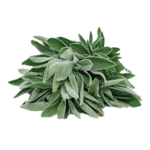 Sage
SageSage has a strong, earthy flavour with a slight bitterness and piney undertones. It’s known for its anti-inflammatory properties and can aid digestion. Fresh sage should be stored in the fridge wrapped in a damp paper towel. It’s ideal in hearty dishes like stuffing, roasted meats, and Italian pasta sauces.
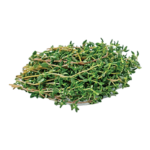 Thyme
ThymeThyme has a subtle, earthy flavour with notes of lemon and mint. It has antibacterial and antifungal properties, and can support respiratory health. Fresh thyme should be stored in the fridge, wrapped in a damp towel, or placed in water. Thyme is perfect for slow-cooked dishes like stews, roasts, and soups, or as a seasoning for meats and vegetables.
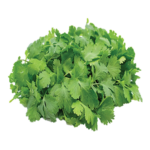 Cilantro
CilantroCilantro has a bright, citrusy flavour with a hint of spice, although some people may find its taste soapy due to genetic differences. It’s a rich source of vitamins A, C, and K, and is known for its ability to aid in detoxification. Cilantro is best stored in the fridge, either in a glass of water or wrapped in a damp towel. It is perfect for salsas, curries, and garnishing Mexican or Asian dishes.
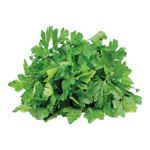 Italian Parsley
Italian ParsleyItalian parsley has a vibrant, slightly peppery flavour, with a fresh, grassy note. It’s high in vitamin K, antioxidants, and folate. To store, wrap it in a damp paper towel and refrigerate or place it in a glass of water in the fridge. Italian parsley is commonly used in Mediterranean cuisine, adding freshness to salads, pasta, and meat dishes.
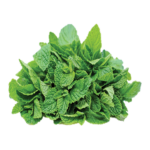 Mint
MintMint has a cool, refreshing flavour with a slightly sweet aftertaste. It is known for its digestive benefits, helping with nausea and indigestion. Mint can be stored in the fridge wrapped in a damp paper towel or placed in water. It’s perfect for teas, mojitos, and garnishing desserts, or adding a refreshing twist to salads and savoury dishes like lamb.
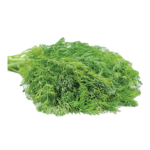 Dill
DillDill has a fresh, tangy flavour with hints of anise and a slight bitterness. It’s excellent for digestive health and is believed to have anti-inflammatory and antimicrobial properties. Dill can be stored fresh in the fridge, either wrapped in a damp paper towel or in a glass of water. It pairs wonderfully with fish dishes, pickles, and creamy dips.
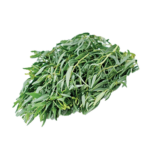
Tarragon has a mild, slightly sweet flavour with hints of anise and vanilla. It is great for digestive health and has mild antibacterial properties. Tarragon should be stored in the fridge, either wrapped in a damp towel or placed in water. It’s often used in French cuisine, particularly in sauces like béarnaise, as well as with chicken, seafood, and eggs.
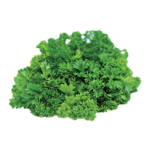 Parsley
ParsleyParsley has a mild, slightly peppery flavour with a hint of earthiness. It’s an excellent source of vitamins A, C, and K, and is known for its ability to support kidney health. Fresh parsley should be kept in the fridge, wrapped in a damp paper towel or placed in a glass of water. It’s versatile in dishes ranging from soups and salads to garnishing almost any meal.
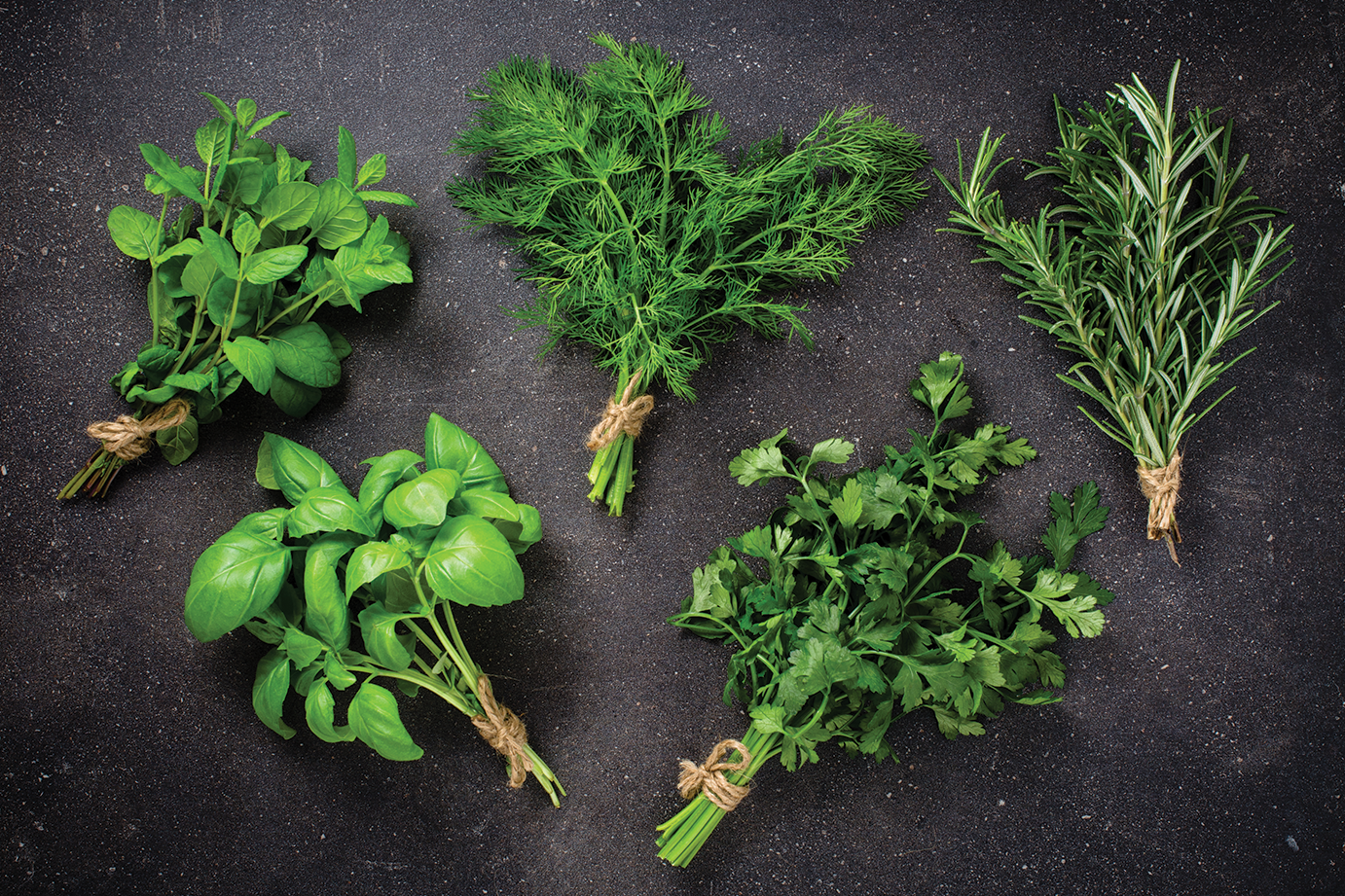
Discover how fresh herbs can elevate your meals year-round. Explore a variety of herbs and find them in-store or online at Calgary Co-op for flavourful, seasonal cooking.
Read More